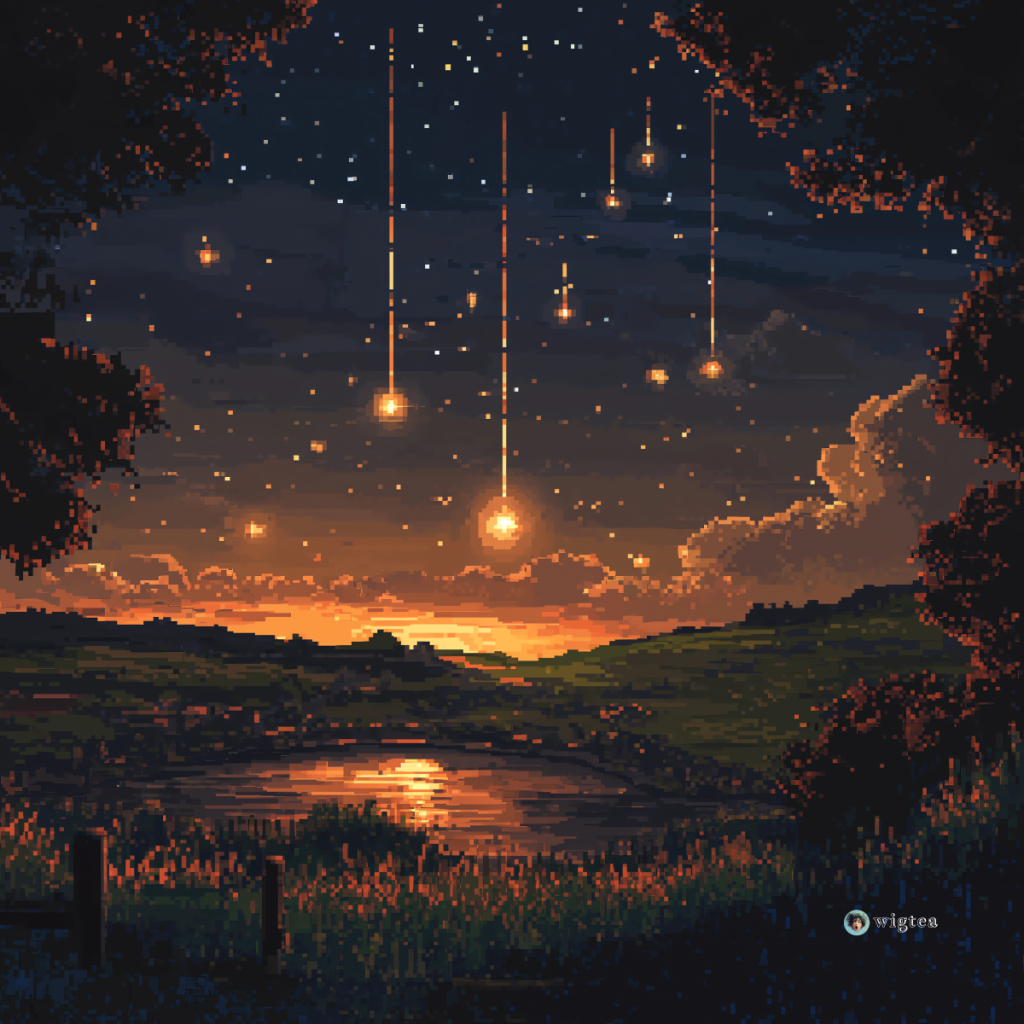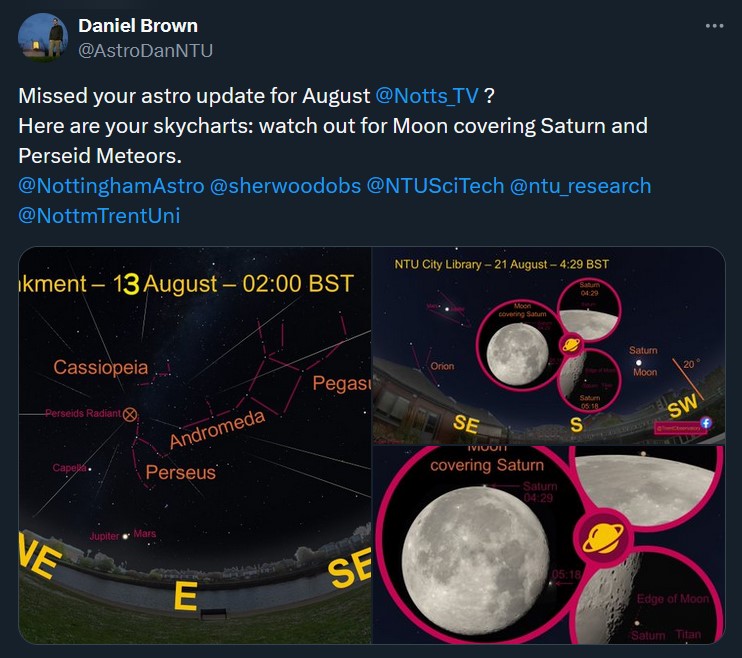
Picture: A Pixel Art image of a stunning night sky over a picturesque UK landscape, with a dark, clear atmosphere and the Perseid meteor shower.
Perseid Meteor Shower: A spectacular nighttime display this August
The 2024 Perseid meteor shower, one of the most anticipated celestial events of the year, is set to dazzle stargazers across the UK this August. Known for its bright and frequent meteors, the Perseids offer a spectacular display that peaks around the 12th and 13th of August each year. This year, the shower promises up to 100 meteors per hour under ideal conditions, making it a must-see event for astronomy enthusiasts and casual observers alike.
Origin and characteristics
The Perseid meteor shower is the result of the Earth passing through the debris left behind by Comet Swift-Tuttle, which orbits the sun every 133 years. As the tiny particles from the comet, often no larger than a grain of sand, enter the Earth’s atmosphere, they burn up and create the bright streaks of light that we see as meteors. These meteors travel at an incredible speed of about 36 miles per second, and temperatures can reach up to 5,537°C as they disintegrate in the atmosphere.
The name “Perseids” comes from the shower’s apparent point of origin, or radiant, in the constellation Perseus. However, the meteors can be seen streaking across various parts of the sky, making it a widespread and easy-to-view event.
Optimal viewing conditions
For the best viewing experience, it is crucial to find a dark location away from city lights. Rural areas or the countryside offer the best chances to see the meteors clearly. Observers should allow about 30 minutes for their eyes to adjust to the darkness and should avoid looking at their phones or other bright lights, which can diminish night vision.
The best time to see the Perseids is between 12:00 midnight and 5:30am.

Picture: Nottingham Trent University’s Daniel Brown on X.
The peak activity of the Perseids is expected on the night of August 12 and the early hours of August 13. However, experts advise watching for meteors on the nights before and after the peak, as activity gradually builds up and then tapers off. Daniel Brown, an associate professor in astronomy at Nottingham Trent University, suggests that there may be a secondary peak, which could occur a day or two after the primary one, based on patterns observed in previous years.
What to expect
On the peak night, if the skies are clear, you could witness up to 100 meteors per hour. These bright meteors often leave persistent trains, adding to the dramatic visual experience. While the Perseids are visible from the entire UK, weather conditions can play a significant role in visibility. Therefore, it is advisable to check the weather forecast and plan accordingly.
In addition to avoiding light pollution, try to find a spot with an unobstructed view of the sky. The meteors can appear in any part of the sky, though looking towards the general direction of the constellation Perseus in the northeast may increase your chances of spotting more meteors. Bringing a blanket or reclining chair will allow you to lie back and comfortably take in the entire sky.
Perseids 2024: A natural spectacle not to be missed
The Perseid meteor shower is not just an event for astronomers; it’s a natural spectacle that captivates people of all ages. Whether you’re an experienced sky watcher or just someone who enjoys marvelling at the night sky, the Perseids offer a unique opportunity to connect with the cosmos.
This year’s display promises to be particularly impressive, with high meteor counts and potentially favourable weather conditions across much of the UK. So, mark your calendars, find a dark spot, and prepare to be awed by one of nature’s most beautiful and reliable fireworks shows. Whether you’re in a rural area or a city, with some planning, you’ll have a great chance of seeing one of the summer’s most memorable celestial events.

Leave a Reply